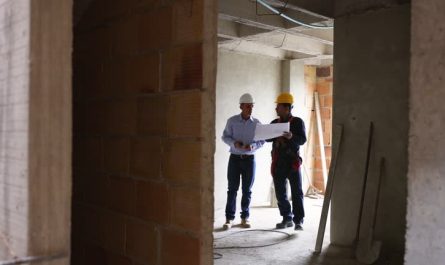Residential and commercial solar installers are professionals who specialize in setting up solar power systems. Even though they both deal with solar installations, there are significant differences between the two based on the scale of operations, equipment used, installation process, and regulations.
The most apparent difference is the size of the projects they handle. Residential solar installers work on smaller-scale projects usually for single-family homes or small apartment buildings. Their installations typically range from 3 to 10 kilowatts depending on the home’s energy requirements. On contrary, commercial solar installers manage large-scale projects for businesses, factories, schools or other commercial properties. These installations can range from 50 kilowatts to several megawatts due to higher energy demands.
Equipment used also varies significantly between residential and commercial applications. Residential systems generally use string inverters which are cost-effective and suitable for smaller arrays. Commercial systems often require more sophisticated equipment like central inverters or power optimizers that can handle larger arrays efficiently.
Another key difference lies in the installation process itself. Residential installations are straightforward as they mostly involve mounting panels on rooftops or grounds with adequate sun exposure using standard racking systems. However, commercial installations can be complex due to larger system sizes and diverse placement options such as carports, flat roofs or ground mounts which may need custom-designed racking solutions.
Moreover, different regulatory considerations apply to residential and commercial solar company phoenix installations. For instance, residential solar is subject to local building codes while commercial installations must comply with additional regulations including fire safety norms and Americans with Disabilities Act (ADA) guidelines among others.
Financing options differ too; homeowners often qualify for incentives like federal tax credits or net metering programs making it affordable for them to go solar whereas businesses have access to different financing mechanisms such as Power Purchase Agreements (PPAs) or leasing arrangements that help offset initial costs of their larger systems.
Finally yet importantly comes maintenance aspect; while residential systems require minimal maintenance mainly consisting of periodic cleaning and inspection, commercial systems need more regular professional servicing due to their complexity.
In conclusion, while both residential and commercial solar installers have the same goal of harnessing renewable solar energy, their roles differ significantly in terms of scale, equipment, installation process, regulations compliance and financing options. Therefore it’s crucial for customers whether homeowners or businesses to choose the right installer based on their specific needs for a successful transition to solar power.
Bright Home Energy
2302 W Wagoner Rd, Phoenix, AZ 85027
480-780-2199




